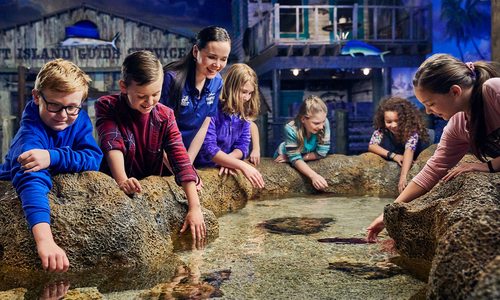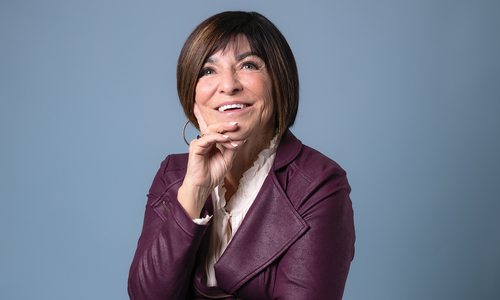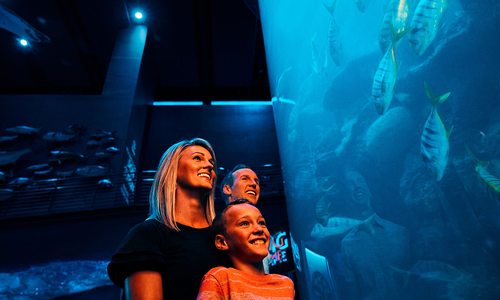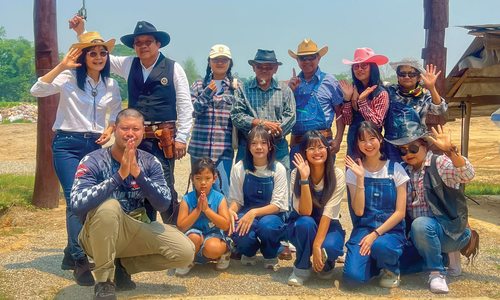
Bob Ziehmer is spreading Bass Pro Shops’ mission of conservation in southwest Missouri. Here he helps educate the public at Biz 417’s Think Summit event.
417 Magazine: What’s the origin of your passion for the outdoors?
Bob Ziehmer: I was raised in a small rural community. The out-of-doors was just part of me. Whether it was going to the creek to skip rocks, catch frogs or chase crawdads, it was just part of growing up. My grandfather had a farm. I spent a lot of time not only riding the tractor but hiking and camping.
My father took me on camping trips and fishing trips to the Missouri River overnight. I fondly remember that, [and] following him and the bird dog as we went quail hunting, box-trapping rabbits. That responsibility to respect the out-of-doors led to a fascination. I wanted to learn more about the plants, about the animals, about the systems.
417: You were the director of the Missouri Department of Conservation from 2010 to 2016. What are you proud of from your time there?
B.Z.: As I look back, the first thing would be staff—most proud of staff and how we continue to be at the tip of the spear in technical research that’s leading the way for the United States on animals that are maybe on the conservation list of concern.
417: What initially drew you to Bass Pro Shops?
B.Z.: I was fortunate to work with some amazing people. One of those individuals was John L. Morris. When tough issues would arise, Bass Pro Shops, under John’s leadership, was there and often leading the way. That put Bass Pro Shops on my radar.
417: What does the future hold in your role?
B.Z.: As we look to the future, Bass Pro Shops will continue to be a leader. We will continue to hopefully move the needle, advancing conservation in some really key spots, whether it’s ensuring the habitat that’s out there for fish and wildlife, whether it’s working to get families and kids afield—providing [those] opportunities.
417: How do you see the Wonders of Wildlife National Museum and Aquarium fitting into that conservation mission?
B.Z.: The museum will be North America’s conservation education center when it opens. It will be a facility that celebrates the success of sportsmen, hunters and anglers, and what they have helped fund and accomplish.
The museum will also allow folks to engage and experience environments in which they may not otherwise travel. It’s going to be an immersion, [like when] you walk into [the] Africa [gallery], and you see and you hear and you feel and you smell Africa. You’re there. And you learn not only about the systems but the conservation challenges and how you can plug in to help address those.

Education is a big part of conservation, so Ziehmer brought some feathered friends, like this bald eagle, to his Think Summit talk this winter.
417: Now that 417-land is home for you, what are some places you enjoy exploring here?
B.Z.: I look forward to any chance I can to get on Table Rock Lake and pursue bass.
I have found myself more than once at the Springfield Conservation Nature Center. There [are] trails, [and] you can experience a variety of habitats there. If the weather is such, you could just as soon stay inside and not hike a trail. There’s an incredible area to view birds, wild turkeys, white-tailed deer. The nature center offers a lot to Springfield residents of all ages.
In this part of the world, it’s big, it’s beautiful, and it has rugged terrain. The kid in me still finds my way to the clear streams, and I still enjoy skipping a rock, turning rocks over, looking for crawdads and frogs, and I’ll probably never lose that.












